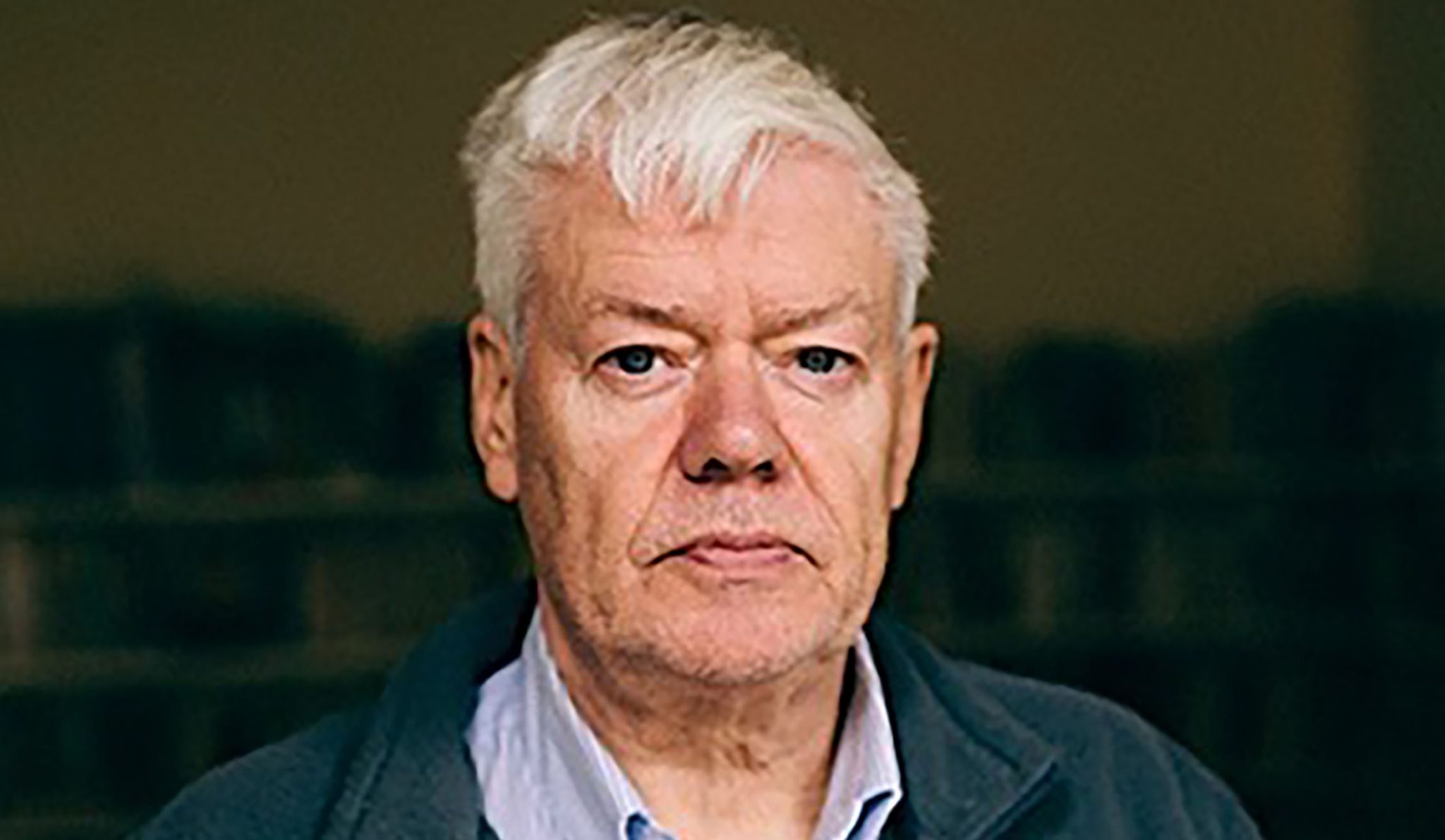It’s lunchtime and Aberdeen’s Belmont Filmhouse is lively, patrons eager to welcome acclaimed Belfast writer, Bernard MacLaverty, to the final Culture Café event of 2017. The excited anticipation is justified; following novels such as Cal, Lamb and Grace Notes, Midwinter Break is MacLaverty’s first novel in sixteen years.
Alan Spence, author of The Pure Land, Night Boat and more, introduces MacLaverty as an old friend. Born in Northern Ireland, moving to Scotland with his young family in 1975, MacLaverty is no stranger to Aberdeen, having spent time in the city as the University’s Writer in Residence.
On stage, MacLaverty stands adjacent to a head-height row of stark spotlights, which give the impression a mighty monster truck is bearing down upon him. His style is warm and unassuming as he assures the audience he’s glad of the brilliant lighting. His eyesight isn’t what it used to be.
He explains why it took so long to complete Midwinter Break. Far from waiting idly for the novel writing muse to show face, it was rather a case of other interests getting in the way. He’s been busy with a range of creative projects as diverse as penning a collection of short stories – Matters of Life and Death (chosen as one of the Sunday Times top five books of the year), spending time as a classical music DJ, as well as collaborating with composer Gareth Williams in producing a number of short operas. MacLaverty’s face softens with affection when sharing that he’s also welcomed eight grandchildren to the MacLaverty clan.
Prior to reading he explains that having previously written only one love story, Cal, he wished to return to the theme of love. Midwinter Break is the result of that desire, introducing us to Gerry Gilmore and his wife, Stella, who have passed through love into a different kind of love. During a mini-break in Amsterdam, the dangers of Gerry’s fondness for drink, along with Stella’s weakness for religion, become magnified.
MacLaverty admits to stealing things he hear and overhears. Pocketing vivid dialogue, like jewels, waiting for the moment to transplant it into fiction.
Spence admires the spare precision of MacLaverty’s writing, describing Midwinter Break as a succinct meditation on love, faith and religion. If the animated chatter of the book-signing queue is anything to go by, then MacLaverty’s audience are agreed, sixteen years was worth the wait.
